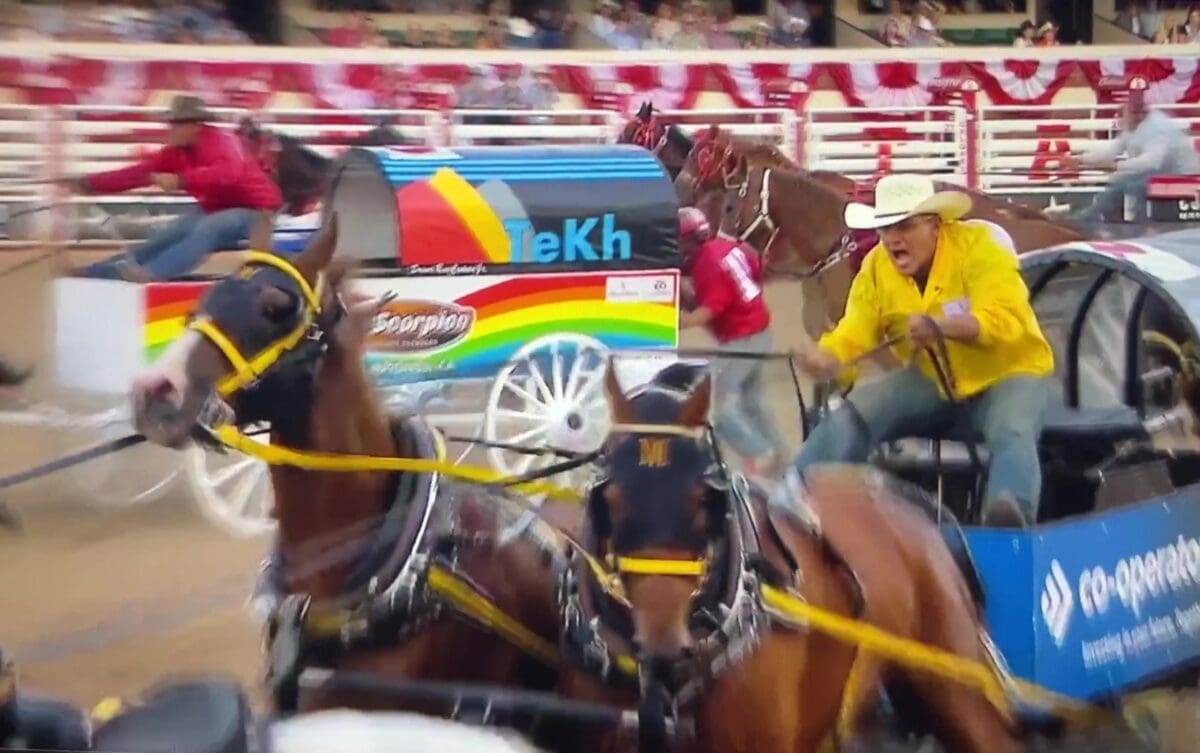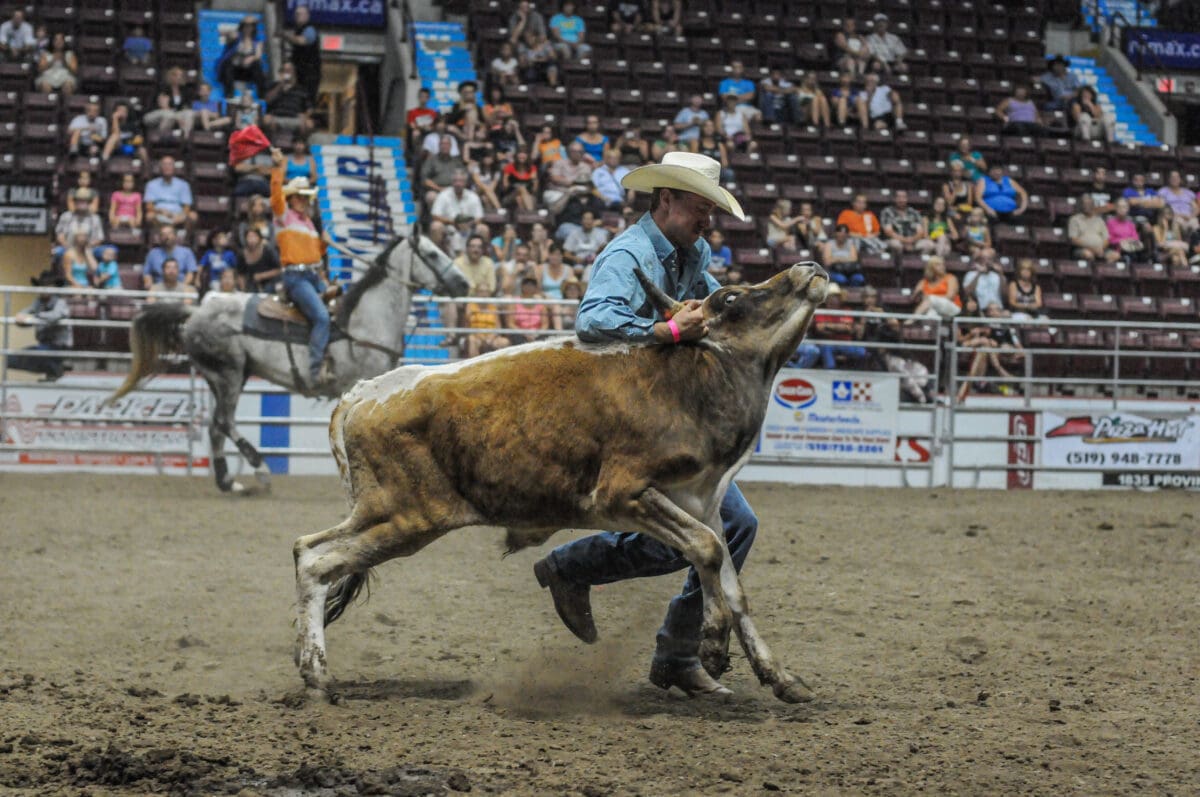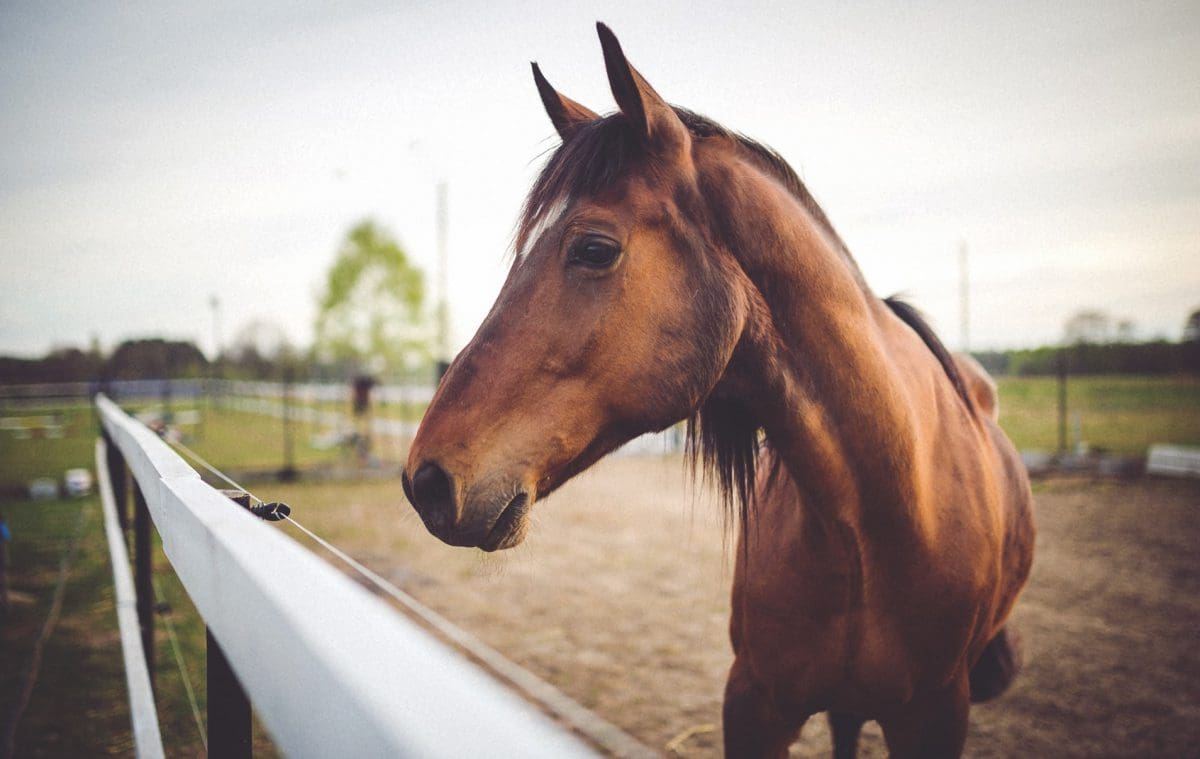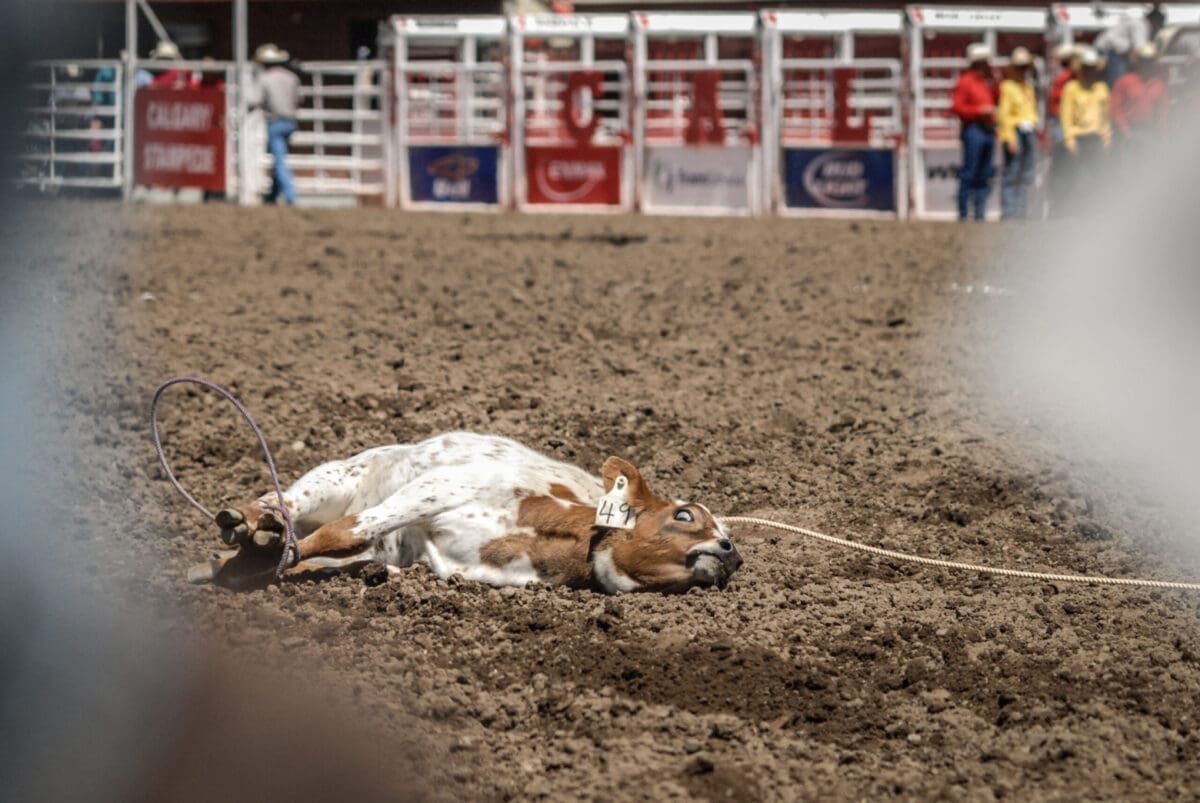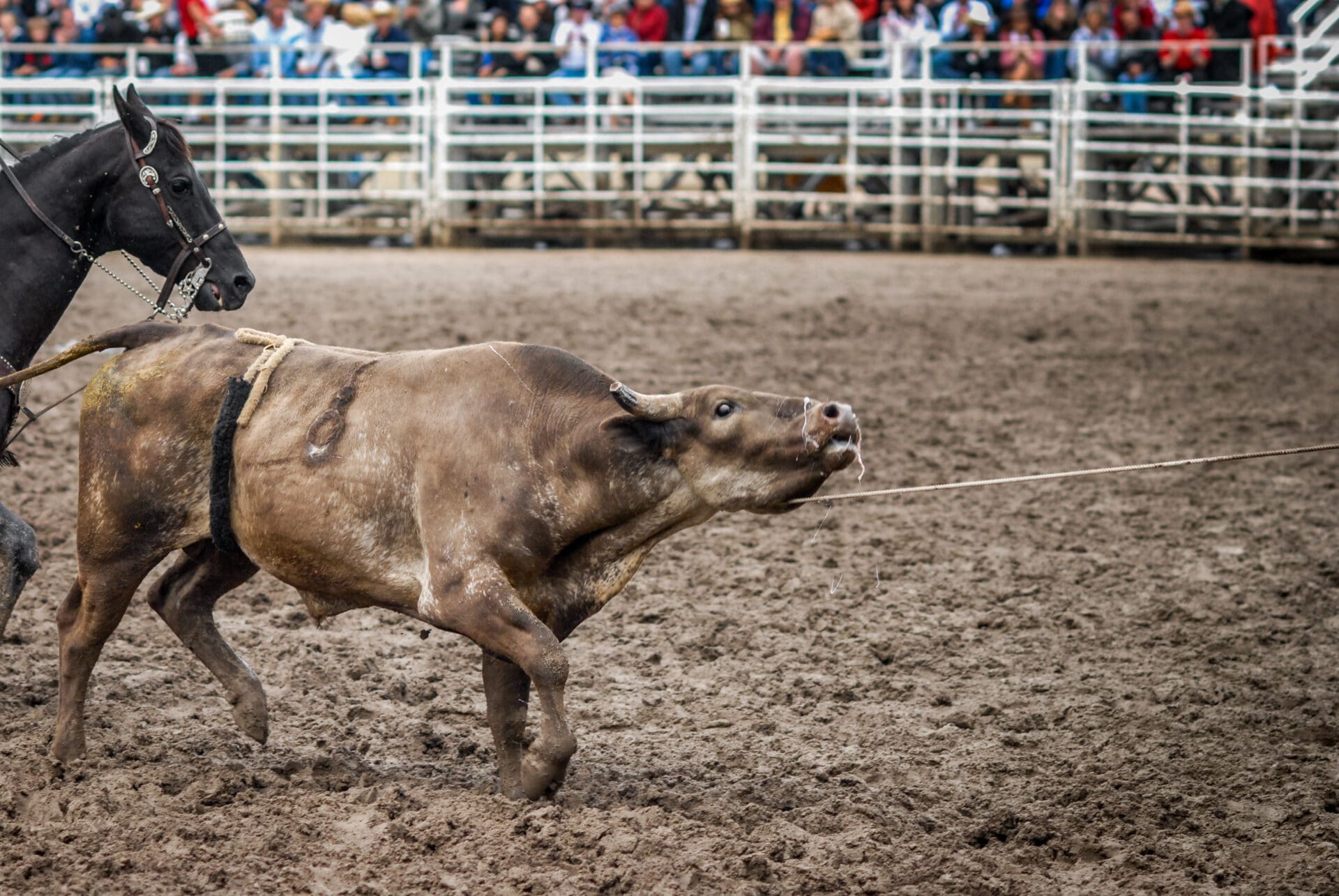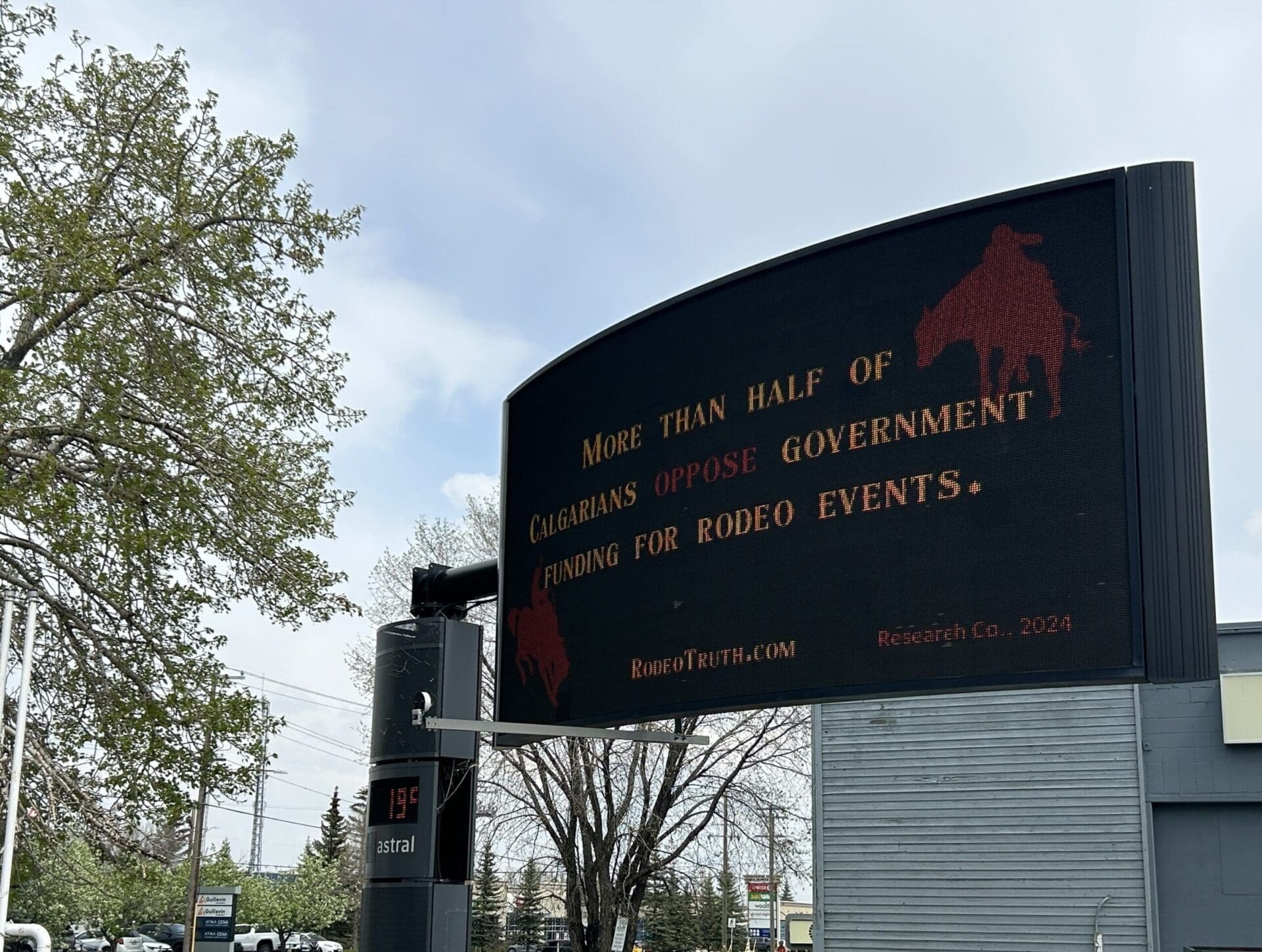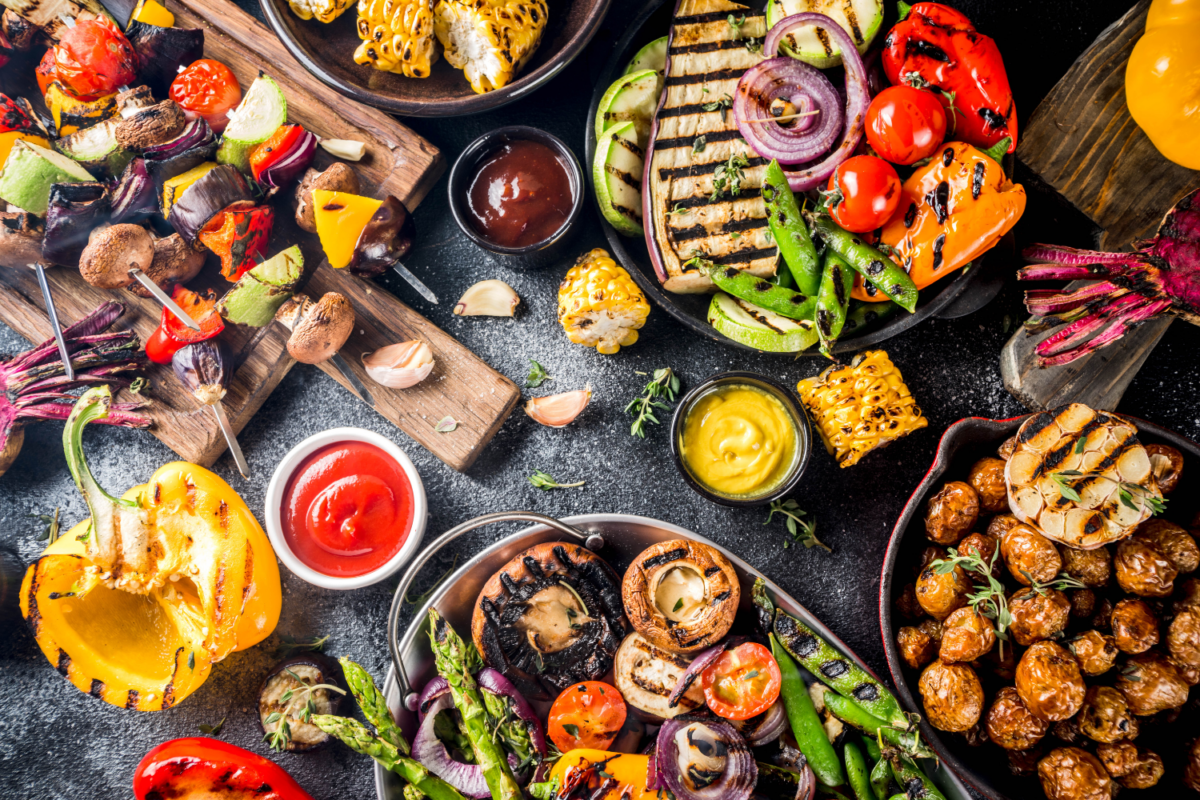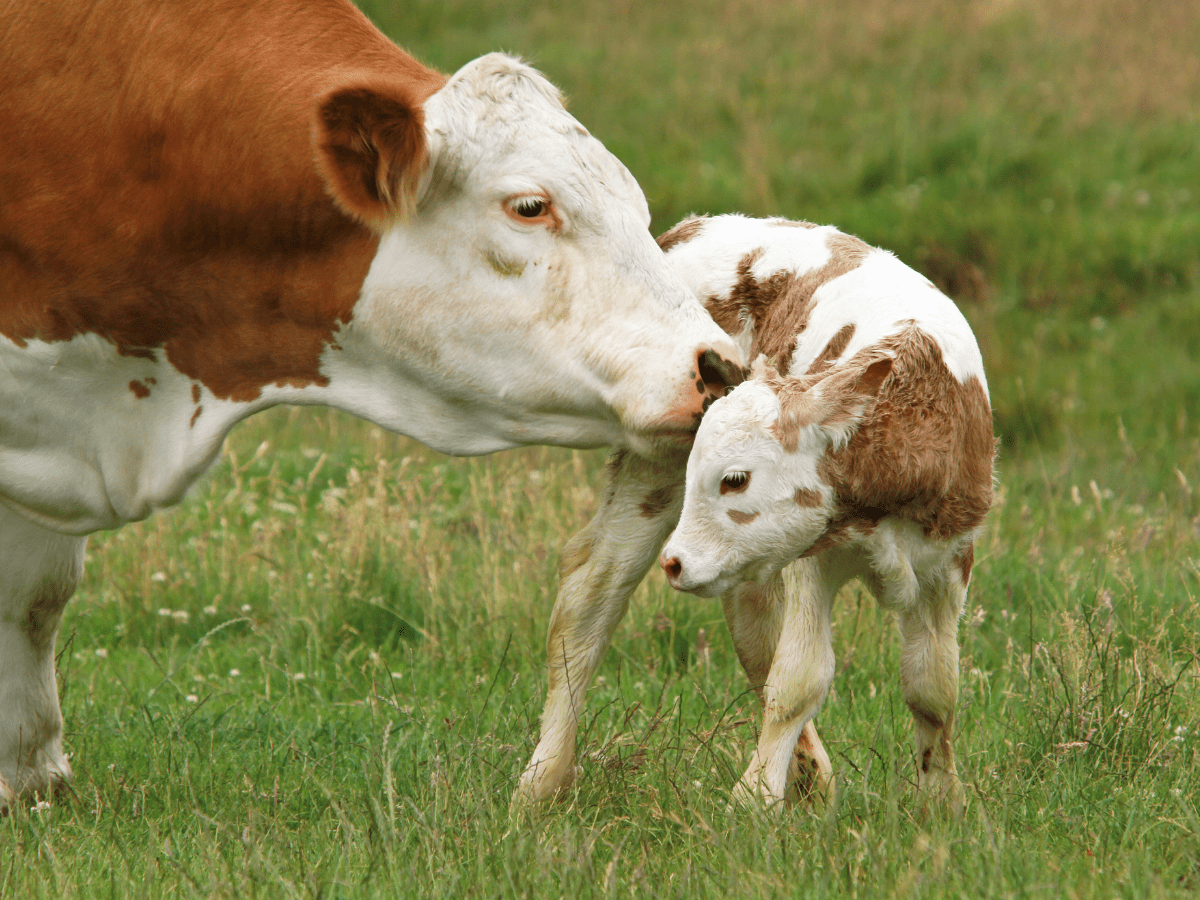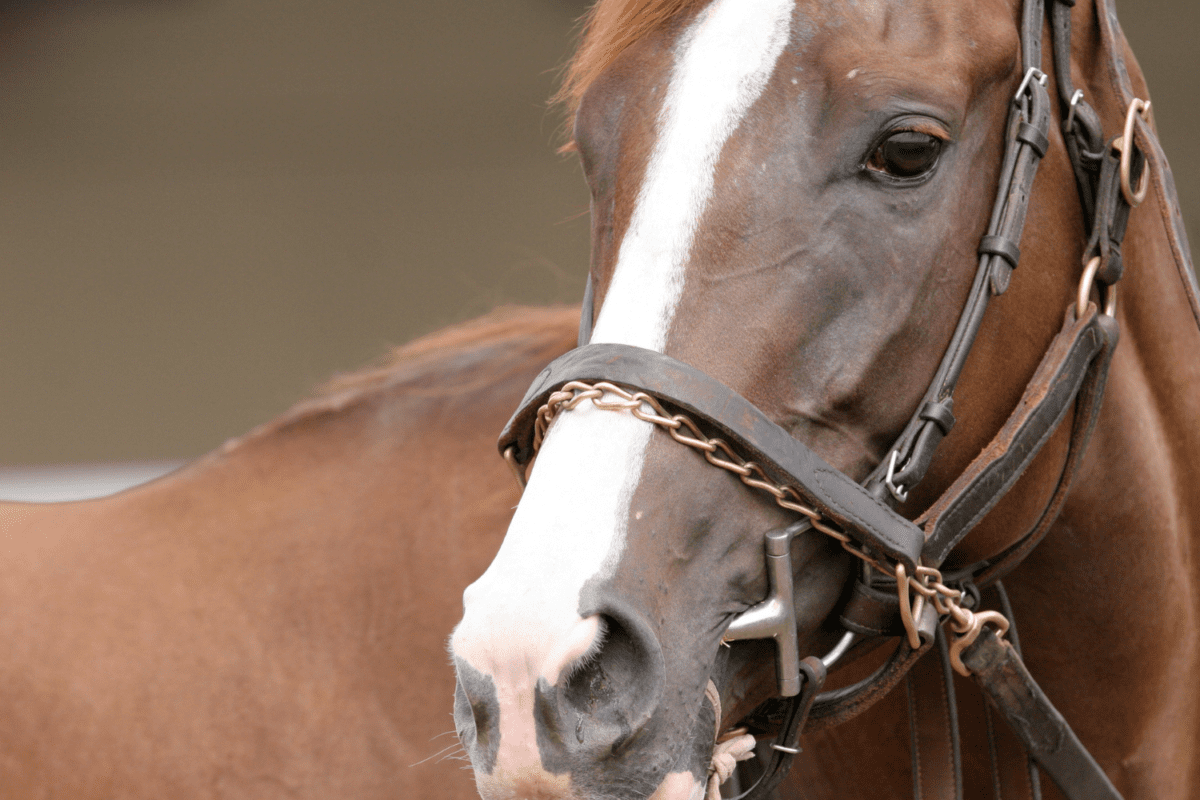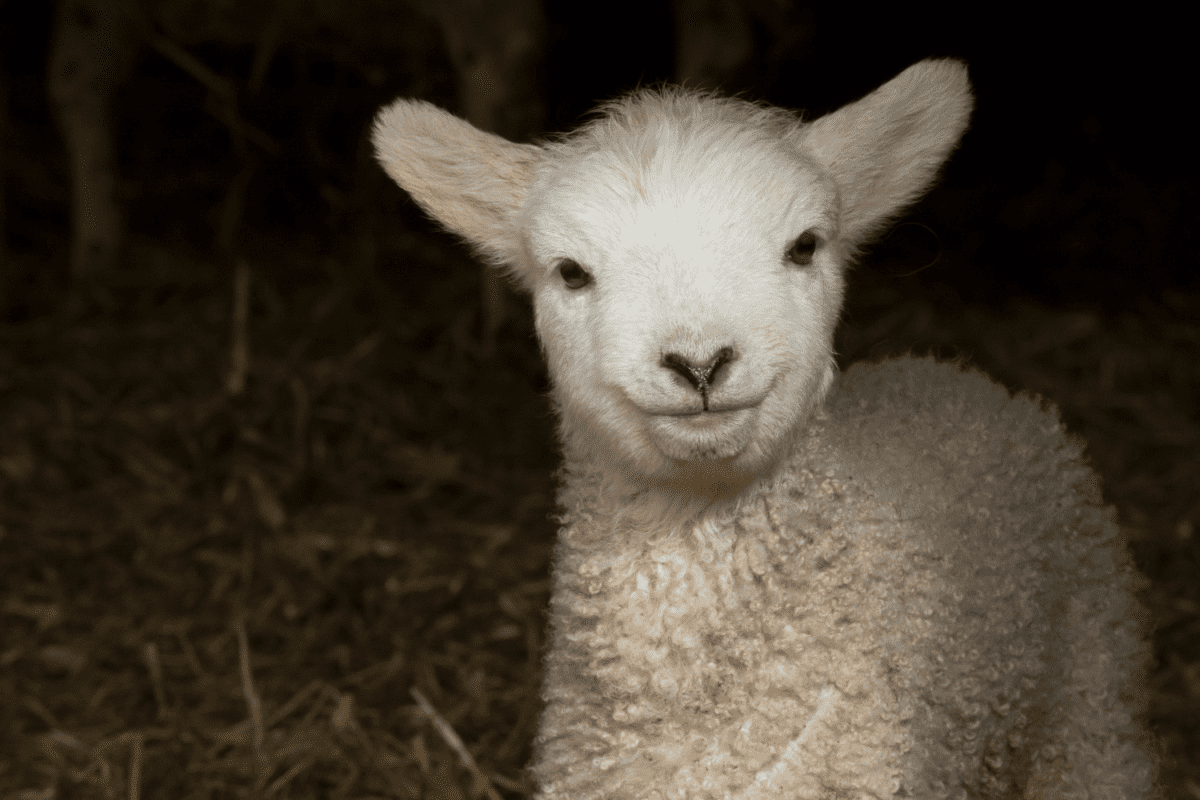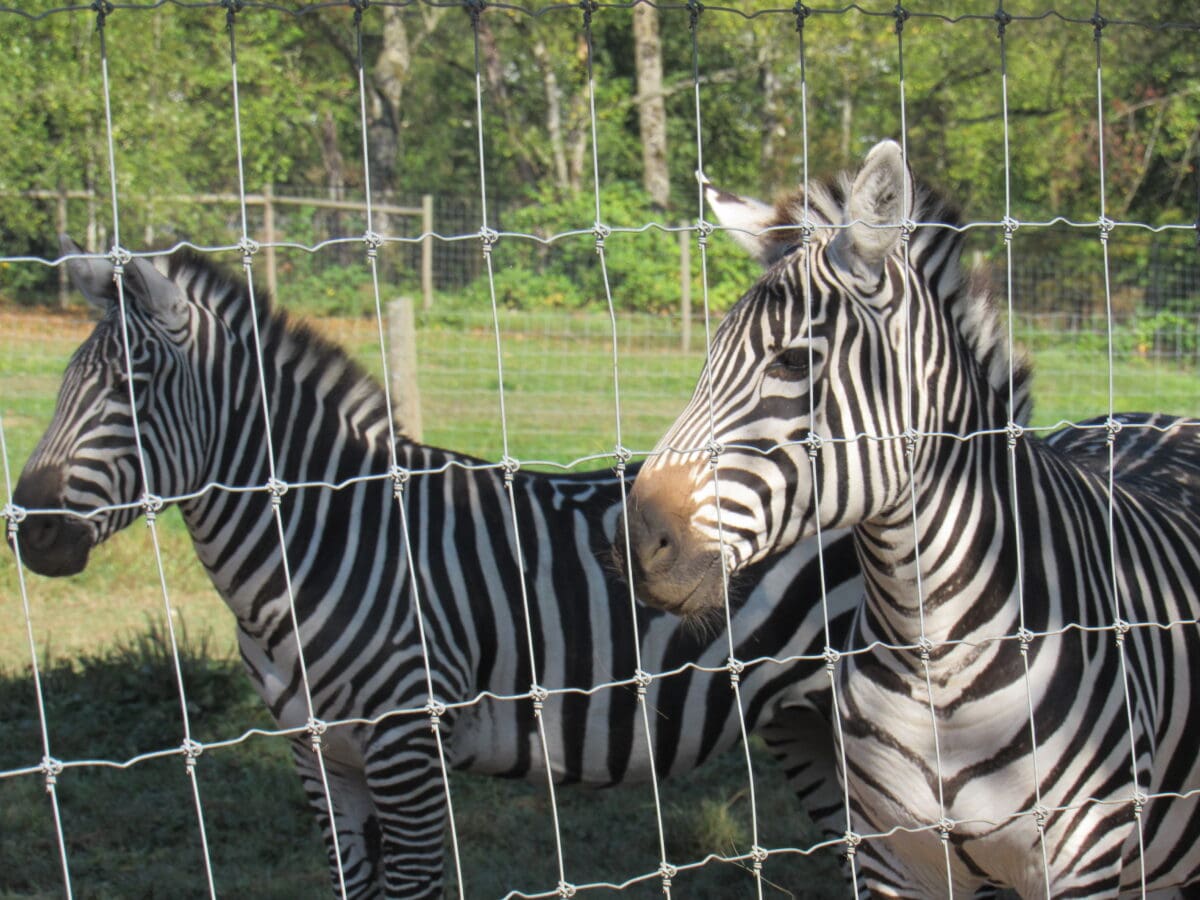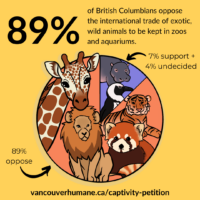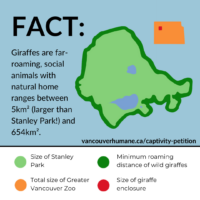If this regulation were to change, what would happen to the exotic animals currently in captivity?
We are suggesting that the Controlled Alien Species regulation be updated to address the bringing of new exotic species into captivity, whether through breeding or transporting animals into B.C. Where animals are already in captivity, facilities and caregivers should focus on doing everything they can to best meet those animals’ needs. This may include moving them to a more appropriate facility, such as a credible sanctuary.
What if native species are injured or orphaned and in need of rescue?
There is valuable work being done by rehabilitation groups across B.C. to help injured and orphaned native wildlife. This includes at the Vancouver Aquarium’s marine mammal rescue centre. This is the direction we think these facilities should move toward – ending the keeping of wild, exotic animals in permanent captivity for public education and entertainment and instead focusing on rescue, rehab and release programs.
How could these facilities remain economically viable?
More and more facilities are moving toward interactive and engaging animal-free exhibits through the use of emerging technology. Given that B.C. is a hub for the growing virtual reality industry, facilities in B.C. are well-positioned to make use of local expertise while continuing to educate the public and support rescue, rehab and release work. Scaling back on the number of animals in captivity will also reduce operating costs to allow for more of a focus on rescue and conservation.
Permits are only issued to CAZA-accredited or equivalent zoos and aquariums; isn’t this an indication they are regulated?
CAZA is a self-regulating industry group without the legal authority to conduct legitimate investigations into cruelty. Furthermore, because CAZA is self-regulating from within the industry, there is effectively no incentive for CAZA to improve the welfare of animals beyond what consumers and the law demand. Our reports and photos from over the course of a number of years demonstrate that accreditation doesn’t necessarily translate into better welfare for captive animals.
Aren’t captive animals used for important research work?
Much of the research done by zoos and aquariums is related to the keeping of animals in captivity, rather than benefiting species in the wild. For research that can translate to meaningful conclusions about wildlife and conservation, there are non-invasive tools and techniques used to research animals in the wild thanks to great leaps in technology over the years.
Isn’t it important for children to see animals up close?
The connections between children and animals is unique and special. Luckily, there are many ways for children to develop empathy for animals without contributing to their suffering in captivity. Here are some great animal-friendly activities that families can enjoy together.
Why is the Vancouver Humane Society addressing this issue?
As an animal protection organization, VHS works on a wide variety of animal issues, ranging from animals in entertainment and captivity, to farmed animals, wildlife, and companion animal veterinary assistance to help people experiencing low-income or other barriers. We aim to end animal suffering in all forms, including the suffering of captive animals who belong in the wild.

